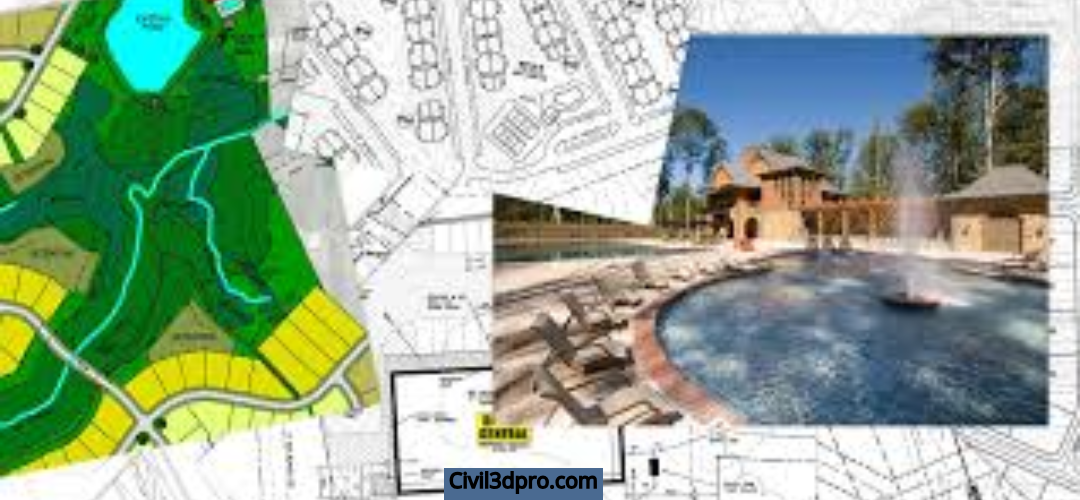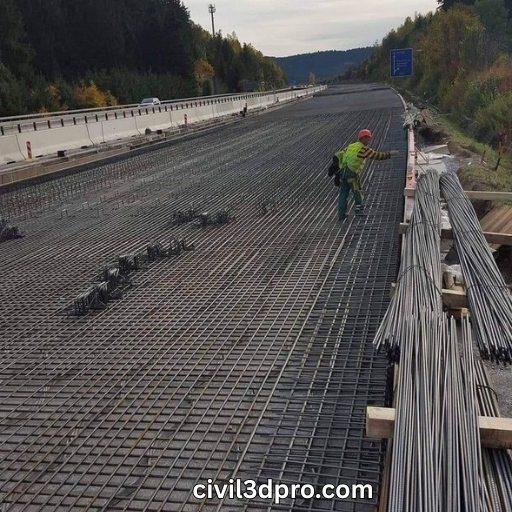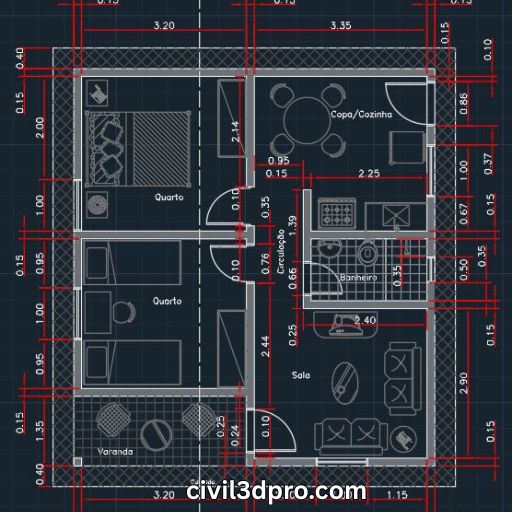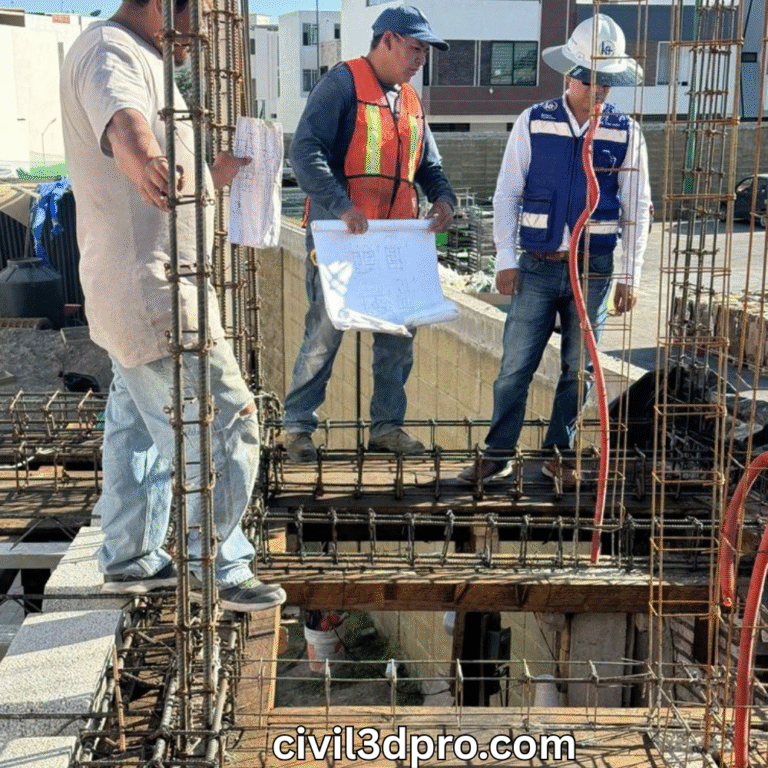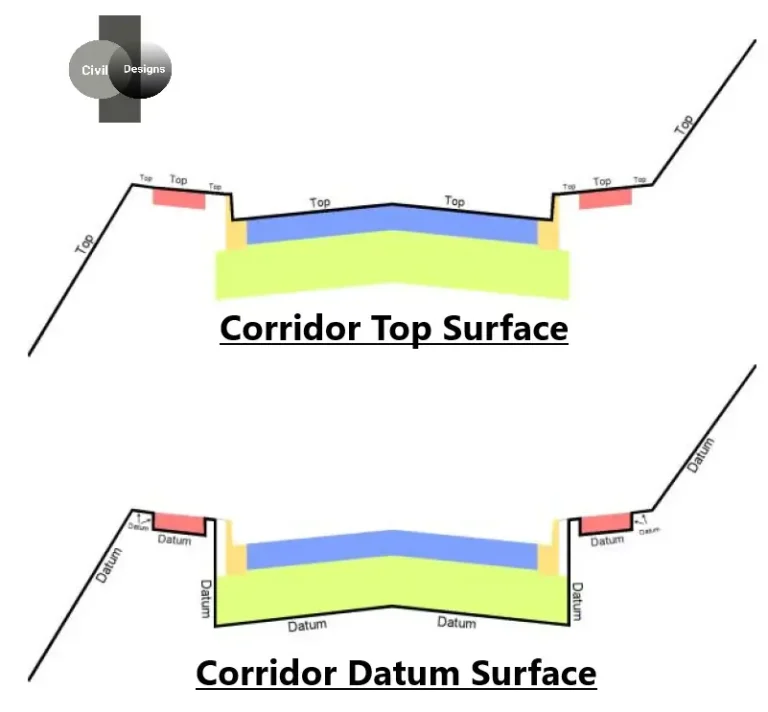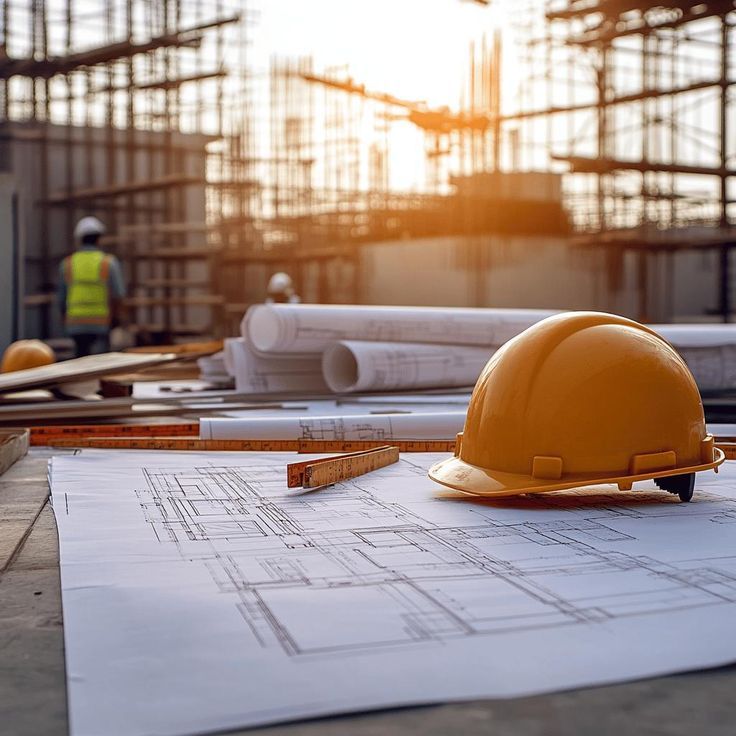Landscape Civil Designs: Enhancing Outdoor Spaces with Expert Planning
When it comes to creating functional, aesthetically pleasing, and sustainable outdoor spaces, landscape civil designs is essential. It blends engineering, architecture, and environmental considerations to transform an ordinary outdoor area into a harmonious and purposeful space. Whether you are designing a residential garden, a public park, or an urban plaza, expert planning in landscape civil design ensures that every detail contributes to both the beauty and functionality of the space.
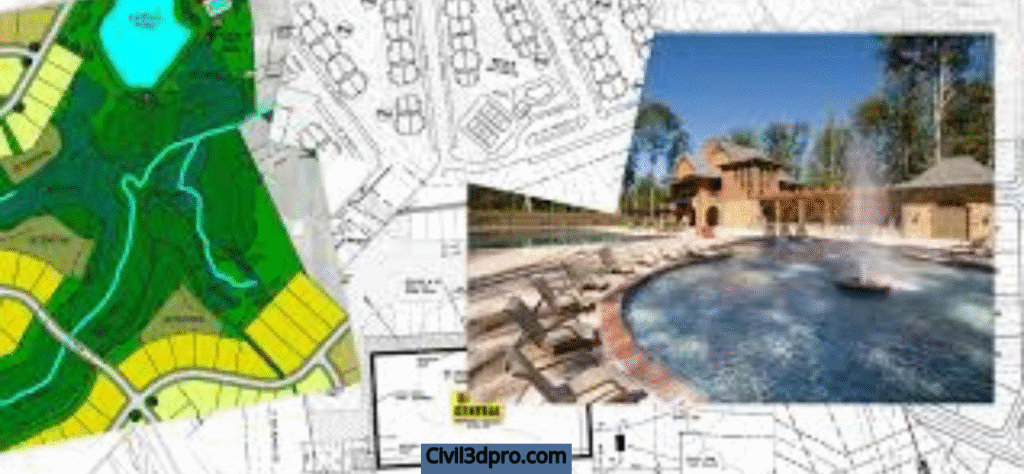
What is Landscape Civil Designs?
Landscape civil design is the art and science of planning, designing, and constructing outdoor environments. It involves understanding and addressing the topography, climate, and environmental impacts of a site, while also incorporating elements like drainage systems, irrigation, hardscaping (paths, roads, patios), and softscaping (plants, trees, grass). The objective is to create spaces that are not only visually appealing but also functional, sustainable, and resilient to various environmental factors. visit our projects.
Key Components of Landscape Civil Designs
Topographic Analysis and Site Planning
One of the first steps in landscape civil design is conducting a topographic survey. This helps identify the land’s contours, elevations, natural features, and existing vegetation. Proper site planning based on this information is crucial to ensuring that water flows properly, the design complements the land’s natural characteristics, and there is no disruption to the ecosystem.
Stormwater Management and Drainage Systems
Efficient drainage is a cornerstone of landscape civil design. Poorly designed landscapes can lead to water accumulation, flooding, and soil erosion. Civil engineers work to design sustainable stormwater management systems that control runoff, enhance water absorption, and reduce water wastage. Techniques like rain gardens, permeable pavers, and swales are commonly incorporated to ensure proper water management and protect the surrounding environment.
Irrigation and Water Conservation
Water conservation is a key principle in landscape civil designs, particularly in regions prone to drought or water shortages. By planning and installing efficient irrigation systems, such as drip irrigation, rainwater harvesting systems, and smart controllers, designers help maintain a healthy landscape while minimizing water usage. This also contributes to a landscape that is environmentally responsible and cost-effective in the long run.
Hardscaping Features
Hardscaping refers to non-plant elements in a landscape design, such as patios, walkways, retaining walls, water features, and fencing. These elements not only enhance the functionality of an outdoor space but also contribute to its aesthetic appeal. Proper planning of hardscaping features ensures that they complement the natural landscape and provide safe, durable, and long-lasting infrastructure.
Sustainable Planting Design
Softscaping, or the planting design, is another integral part of landscape civil design. Choosing the right plants that thrive in local conditions helps reduce the need for extensive maintenance, fertilizers, and pesticides. Native plants are often preferred, as they are better suited to the local climate and support local wildlife. Additionally, creating diverse plantings can help with soil stabilization, improve air quality, and add visual interest throughout the seasons.
Lighting and Outdoor Amenities
Outdoor lighting is essential in creating an inviting and safe environment. Thoughtful lighting design enhances the beauty of landscapes, illuminates key features, and provides security. Landscape civil designs also integrate amenities like benches, seating areas, and recreational spaces, ensuring that outdoor areas are accessible and enjoyable for all users.
Benefits of Expert Landscape Civil Designs
Enhanced Aesthetic Appeal
A well-designed landscape transforms an outdoor space, whether it’s a private garden or a public park, into a visual masterpiece. Through strategic planning, designers create spaces that evoke a sense of tranquility, connection with nature, and overall beauty.
Increased Property Value
High-quality landscape civil designs not only improve the look of a property but also increase its value. A professionally designed landscape can make properties more attractive to potential buyers, offering both functional outdoor spaces and sustainable environmental solutions.
Sustainability and Environmental Impact
Sustainable landscape civil design reduces environmental harm by conserving resources, enhancing biodiversity, and addressing issues like soil erosion and water pollution. By using native plants and efficient drainage systems, these designs contribute to a greener and healthier environment.
Improved Functionality and Accessibility
Landscape civil designs consider how outdoor spaces will be used. Whether for leisure, recreation, or transportation, these designs make sure that spaces are accessible, safe, and easy to navigate for people of all ages and abilities.
Long-term Cost Savings
Thoughtfully designed landscapes that focus on efficient water use, low-maintenance materials, and durable infrastructure help reduce long-term upkeep and utility costs. Landscape civil designs that incorporate natural elements like xeriscaping (drought-resistant landscaping) save on water bills, while hardscaping features minimize maintenance needs.
Why Choose Professional Landscape Civil Design Services?
While DIY landscaping might seem like a cost-effective option, professional landscape civil design services bring expertise that ensures the successful and sustainable implementation of your project. Experienced designers consider all aspects of the site, ensuring a well-integrated and comprehensive approach that aligns with local regulations, environmental concerns, and your personal goals. Moreover, they can provide innovative solutions for issues like drainage, irrigation, and soil stabilization, ensuring the long-term health of your outdoor space.
Final Thoughts
At civil design 3d pro Landscape civil design is about more than just beautifying outdoor spaces; it’s about creating environments that are functional, sustainable, and harmonious with the natural world. Whether you are working on a small garden or a large-scale urban development, expert planning ensures that every element of your landscape works together, enhancing the space for both today and the future.

